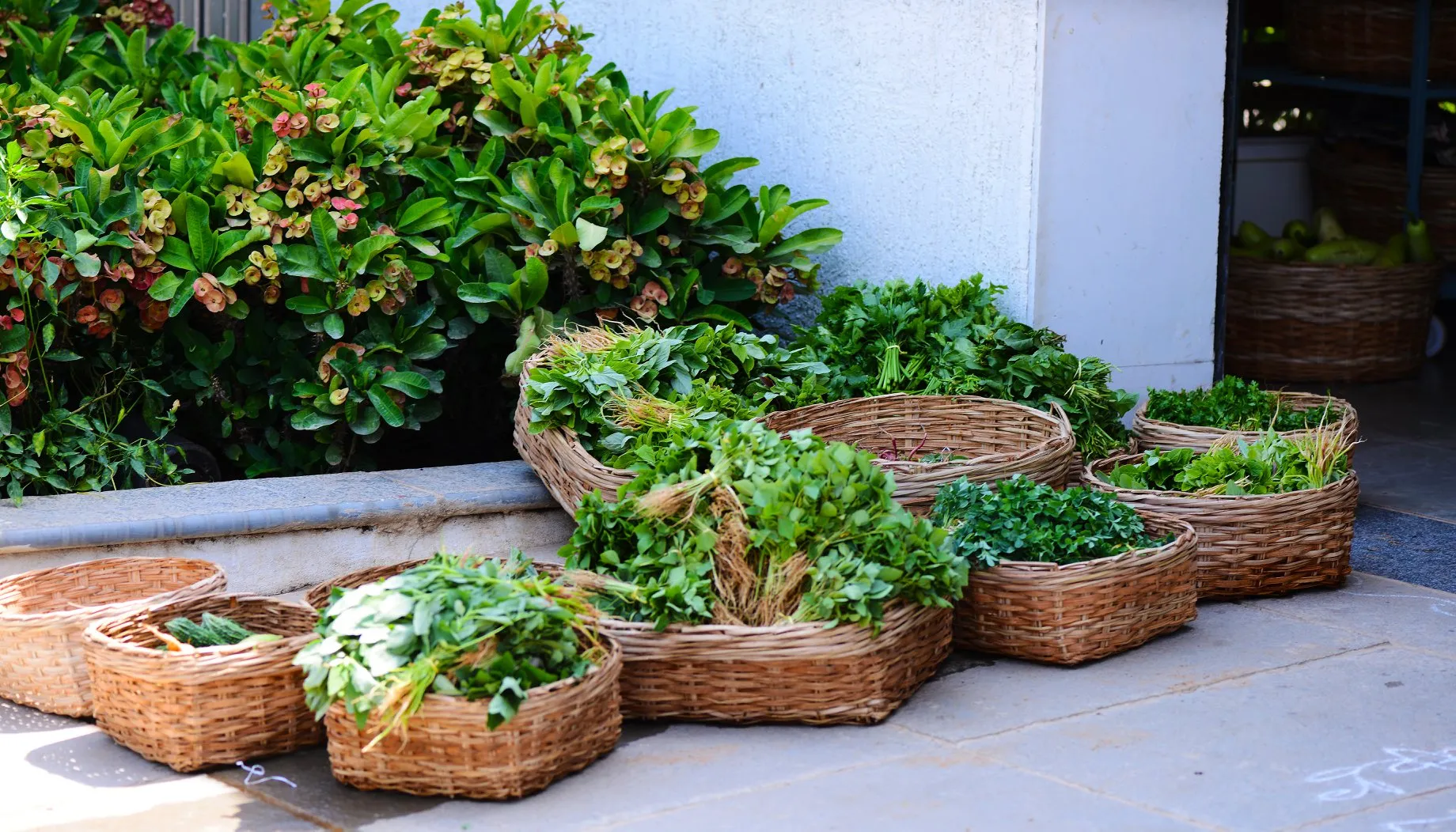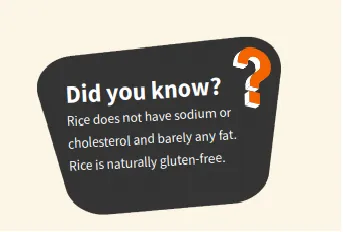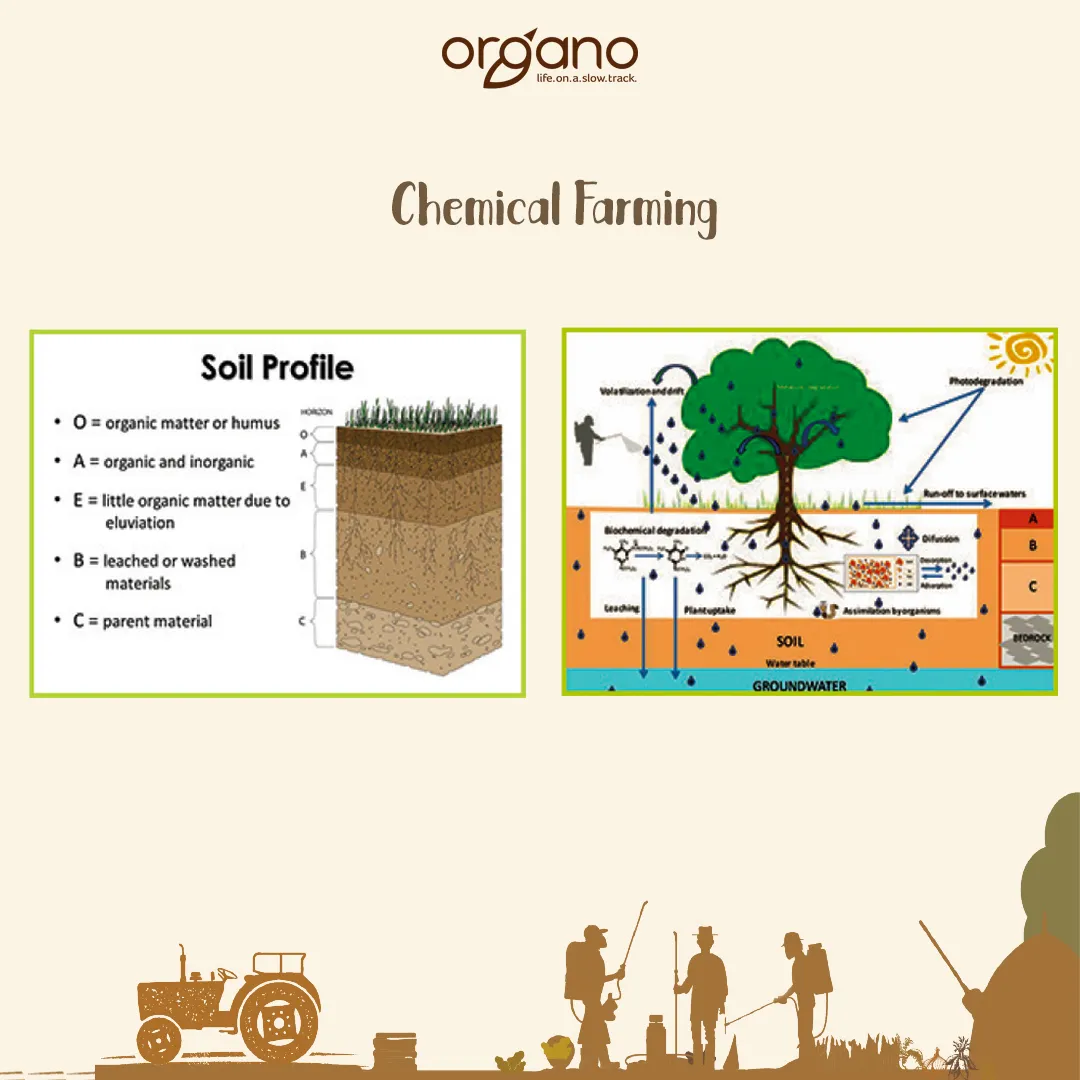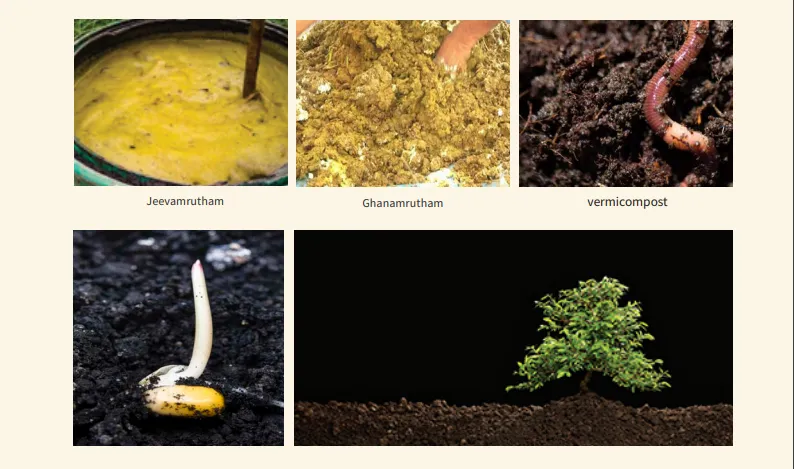 Contact us
Contact usIntent
Community
Studio Organo Concepts
About Us
Subsidaries
Studio Organo
TS RERA No.P02400003403.
TS RERA No.P02400003403.


The constant rise in population and consumer demand post green revolution urged the food industry to produce more to meet the requirements. For an uninterrupted cultivation process and higher yields, chemical fertilizers, pesticides, herbicides, hybrid seeds and more came into place. As expected, production increased and people all over the world started relying more and more on these chemical products for better results.
Increased and non-prescribed usage of these products started affecting the crops and the soil health adversely. The excess usage of chemical products damaged the microorganisms in the soil which maintain soil fertility. It also affected soil components that reduced the crop’s ability to absorb nutrients from the soil.
The increased application of chemicals also had harmful effects on crop health. Many pests, diseases, and weeds developed resistance to pesticides and it paved the way for crops having reduced immunity. Chemical products affected the environment and biodiversity at large and contaminated water sources. The hazardous effects of chemicals on human health is known to all. Be it the school midday meal tragedy in Bihar, the mishap of Endosulfan pesticide in Kerala, or pesticide poisoning all over, the disasters caused by chemicals used for cultivation are hugely hazardous.

Though chemical products used for cultivation increases crop yield, they cause equivalent harms that are irreversible. Natural farming is the healthy alternative we came up with at Organo Naandi where the community is involved in producing locally grown food using natural cultivation methods.
Our farmers use organic manure, Jeevamrutham, Ghanamrutham, vermi compost and more for cultivation as a replacement of chemical products, which help the soil to enrich its organic matter content and make it fertile. The non-chemical pesticides protect the beneficial organisms that in turn control pests to an extent.

Seeds of the last harvest are being used for cultivation to ensure crop quality. Seasonal and locally grown crop varieties are produced at Naandi to ensure that the soil is not stressed. Crop calendar is followed during each growing station to ensure water efficiency and crop health.
